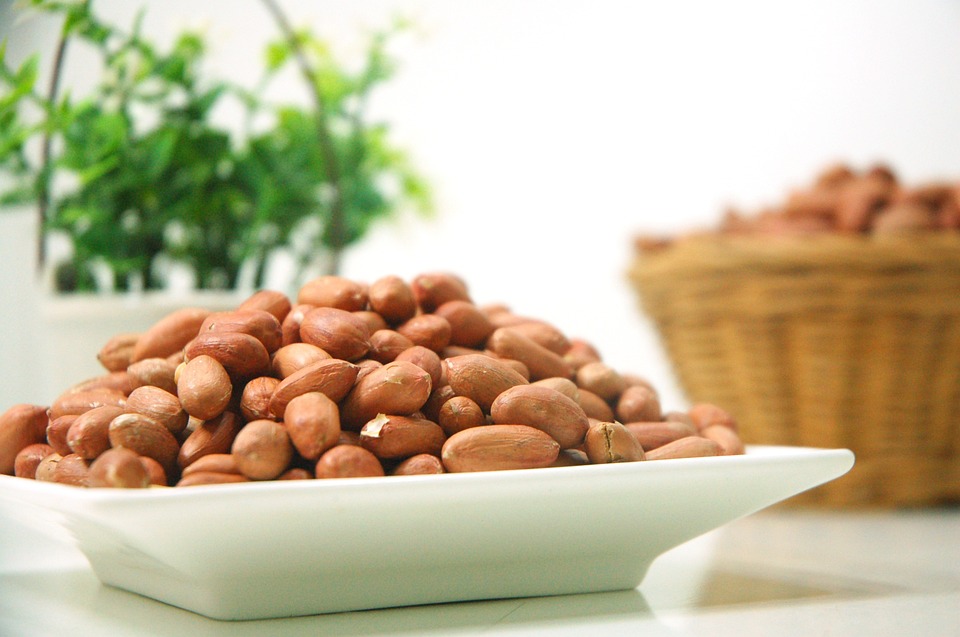Peanut allergies are a growing concern among individuals and parents alike. According to the Centers for Disease Control and Prevention (CDC), peanut allergies have increased by over 21% in the past decade. In some severe cases, exposure to peanuts can cause life-threatening reactions known as anaphylaxis. With the increasing prevalence of peanut allergies, it is crucial to understand the causes and possible solutions to this issue. In this article, we will explore the latest research on peanut allergies and the potential role of probiotics in mitigating the severity of these allergies.
What are Peanut Allergies?
Peanut allergies occur when the immune system mistakenly identifies peanuts as a harmful substance and overreacts to their presence in the body. The result is an allergic reaction that can range from mild symptoms such as itching and hives to severe symptoms such as difficulty breathing and anaphylaxis. Peanut allergies are among the most common food allergies and can cause long-lasting sensitivities that require careful management for the rest of an individual’s life.
What Causes Peanut Allergies?
The exact cause of peanut allergies is still not fully understood, but several factors have been identified as contributing to their development. These include genetics, early exposure to peanuts, and a lack of exposure to bacteria in early life.
Studies have shown that individuals with a family history of allergies are at a higher risk of developing peanut allergies. Additionally, early exposure to peanuts has been linked to a higher risk of developing peanut allergies, while a lack of exposure to bacteria in early life has been linked to a lower risk.
The Role of Probiotics in Mitigating Peanut Allergies
While there is no cure for peanut allergies, recent research suggests that probiotics may play a role in mitigating the severity of these allergies. Probiotics are beneficial bacteria that can help to improve the balance of microorganisms in the gut. A healthy gut microbiome has been linked to a range of health benefits, including a reduced risk of developing allergies.
Studies have shown that individuals with peanut allergies who consume probiotics on a regular basis experience fewer and less severe symptoms compared to those who do not. Additionally, some research has found that probiotics may help to reduce the risk of developing peanut allergies in the first place.
One possible explanation for the beneficial effects of probiotics on peanut allergies is that they can help to improve the gut-associated lymphoid tissue (GALT), which is responsible for producing immune cells. A healthy and balanced GALT is better equipped to identify and respond to harmful substances, reducing the risk of an overreactive immune response.
Conclusion
Peanut allergies are a growing concern, and the exact cause of these allergies is still not fully understood. While there is no cure for peanut allergies, recent research suggests that probiotics may play a role in mitigating their severity. If you or a loved one is suffering from peanut allergies, it may be worth considering incorporating probiotics into your diet to see if they have a positive impact.
It is important to note that probiotics should never be used as a replacement for proven medical treatments for peanut allergies. If you are concerned about the severity of your symptoms, it is always best to consult with a healthcare professional for guidance and treatment.
In conclusion, the increasing prevalence of peanut allergies highlights the need for continued research into their causes and potential solutions. While the role of probiotics in mitigating peanut allergies is still being explored, they offer a promising avenue for improving the lives of those affected by this condition.

